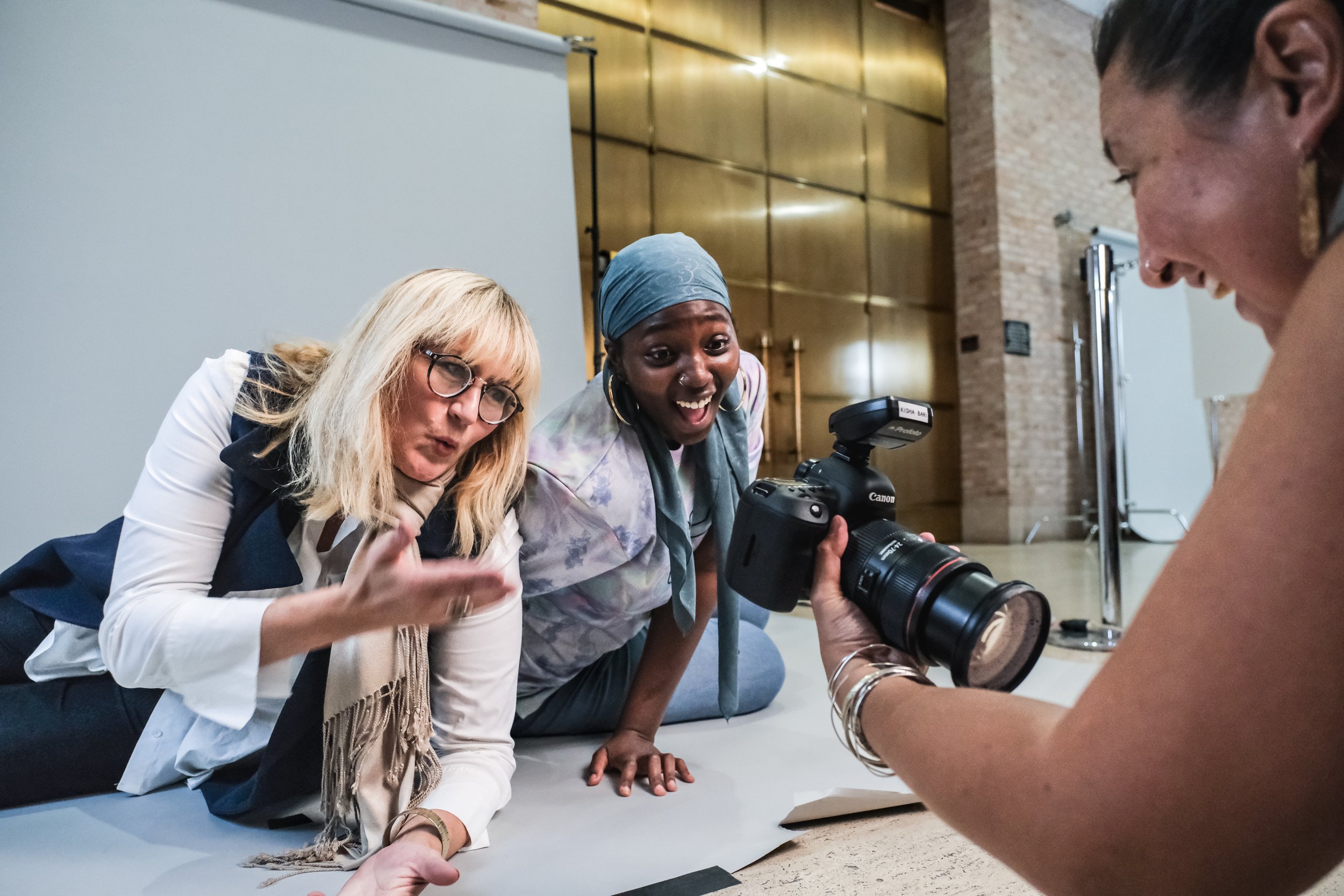A recent study publised by Incite and Fordham University in Pediatrics highlights the importance of gaining a deeper understanding of the experiences of autism among girls.
Autism is a lifelong condition, but how it presents in an individual can change—sometimes substantially—over a lifetime. Though understanding sources of variation would be invaluable to clinicians and caretakers alike, what causes these variations is poorly understood.
Longitudinal studies on autism are not new, but have been limited by the types of data used by researchers. Prior studies have relied on validated clinical assessments, which provide rich data but in small, unrepresentative samples with short observational periods.
In a new article in Pediatrics, Christine Fountain, Alix Winter, Keely Cheslack-Postava, and Peter Bearman use administrative data rather than clinical data to examine a much larger and more diverse population of individuals with autism. Using data from the California Department of Developmental Services (DDS) in conjunction with birth records and census data, the authors mapped assessments of over 70,000 individuals to several typical patterns of development.
Communication (left) and social (right) trajectories as identified by the authors (click to expand).
More specifically, the authors examined the development of communicative and social functioning in these individuals using annual DDS evaluations. Using group-based latent trajectory modeling, the authors identified six communication trajectories and seven social trajectories.
The authors found that although most individuals diagnosed with autism show improvement in social and communicative functioning as they age, not all do.
By connecting these evaluations with birth records and census data, the authors were able to consider a number of individual and community characteristics that may influence functioning—for example, maternal education level, race and ethnicity, population density, and neighborhood inequality. In doing so, the authors found that children from families with more socioeconomic resources tend to exhibit more improvement. Moreover, the authors also found disparities in development by race and ethnicity, which may signify inequities in resource access.
Though most individuals showed improvement over time, the authors also identified a small group (5%) that experienced decline in social functioning as they entered adulthood. Those in this group are more likely to be female, have white mothers with a high school diploma, and live in zip codes with more inequality, lower median home values, and lower population density.
Christine Fountain (Fordham University) says that more work is needed to understand the reasons for this adolescent decline pattern and what can be done to prevent it. “Adolescence can be a difficult period for autistic persons, with particular challenges for girls,” notes Fountain, citing complex social interactions, stresses and the onset of psychiatric conditions that can lead to a real or perceived decline in social skills. In any case, Fountain says that, “the socioeconomic status of disparities associated with this and other patterns suggest that some children’s needs are systematically unmet, even in a state that pays for developmental services.”
Alix Winter (Incite at Columbia University) hopes that researchers will build upon this work, “by digging further into girls’ experiences of autism, especially in light of our finding that female sex is associated with a decline in social functioning in adolescence, and into the mechanisms behind the racial and ethnic disparities we show in social and communication trajectories.”
To read the full article, click here.

























